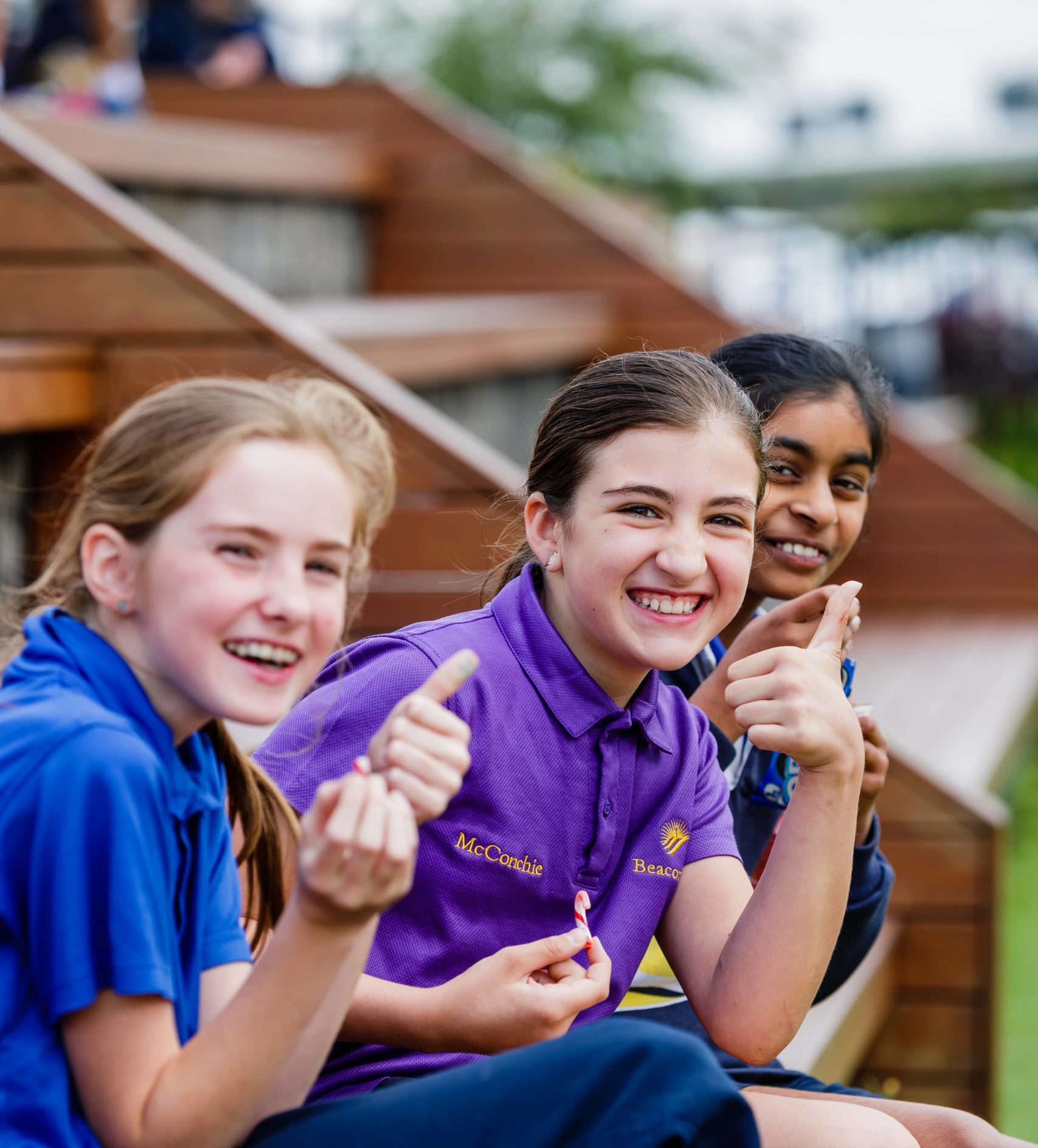The ‘high stakes’ education environment of schools too often sees the focus on the obtainment of grades, rather than how students are developing as learners.
In a presentation I recently gave to Year 8 students who are undertaking their ‘Certificate of Excellence’, my key message was this: ‘It’s not just about the grades – it’s the way you develop yourself as learners.’
Through our Learning That Matters, our aspirations for Beaconhills children are for them to grow to become lifelong learners. We know this will set them on a pathway of constant growth and opportunity beyond school – and it’s an aspiration which, as a community, we can all share for our students. Future careers not even yet known await our students if they can become adaptive, collaborative, reflective, knowledgeable, responsible and focused. This is the essence of our Learning Mindset, one of Beaconhills College’s six pillars of Learning That Matters.
Based on the outstanding work of Carol Dweck on ‘growth mindset’, our learning mindsets aim to encourage our students to think about learning and develop themselves as learners, ultimately improving their learning outcomes.
Our students can develop a negative mindset towards assessment and reporting which can in turn lead to problematic learning behaviours and approaches. We need to encourage our students to treat assessment tasks as an opportunity for them – with their teacher – to explore the level of understanding they have and identify areas for progress. This should, and can be, a positive process and not one that pigeonholes our students or closes their minds to new possibilities.
A student who gets a ‘bad’ grade in mathematics might tell themselves they’re ‘bad at maths’. Instead, by using our learning mindsets, students can identify strategies that can improve themselves as learners. ‘Did I ask the right types of questions?’ (knowledgeable), ‘Are there ways in which I learn well with other students in the class?’ (collaborative), ‘Are there ways I can improve the consistency of completing tasks?’ (focused), ‘Do I need to set myself better routines for completing home learning?’ (responsible), ‘Do I need to complete revision activities differently?’ (adaptive) and ‘Do I need to engage in more thinking about areas that I need to improve upon?’ (reflective).
There is no greater gift we can give a young person for their life than to instill the skills and strategies to be effective learners, who embrace opportunities for learning with joy and passion. The world of learning is full of possibility and excitement. Let’s make sure we keep reminding them that there is more to a fulfilling life than marks.
- Further reading on Carol Dweck’s work here

